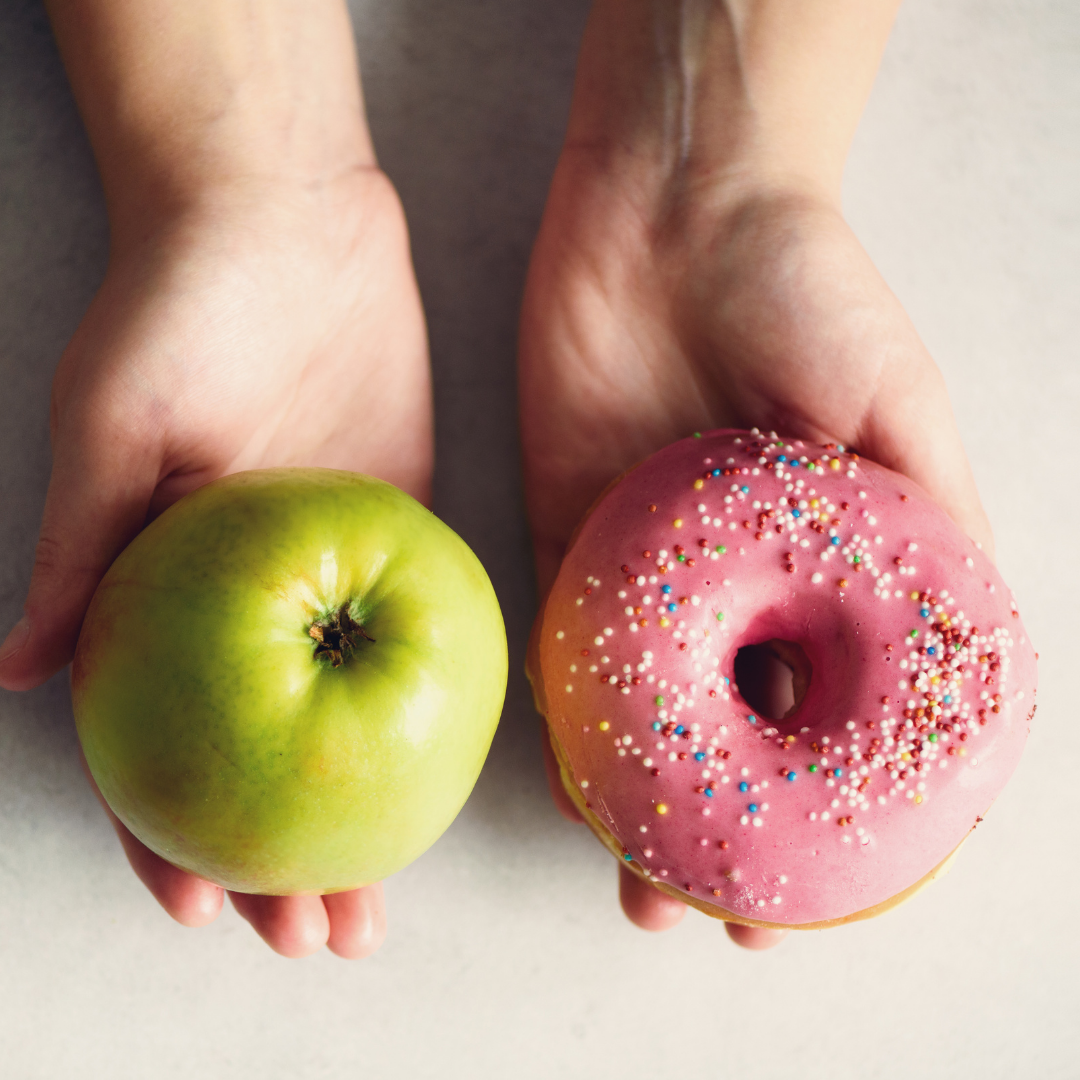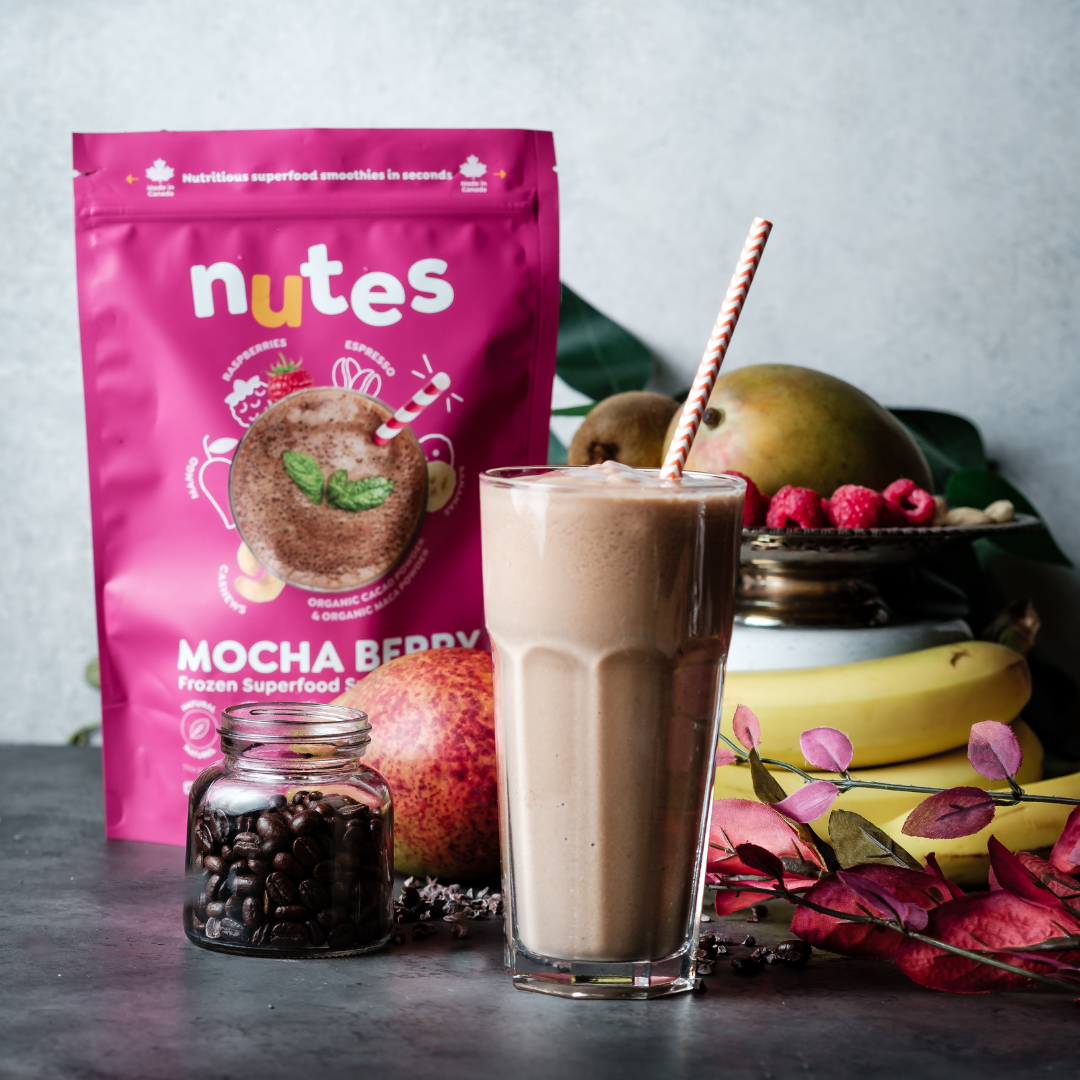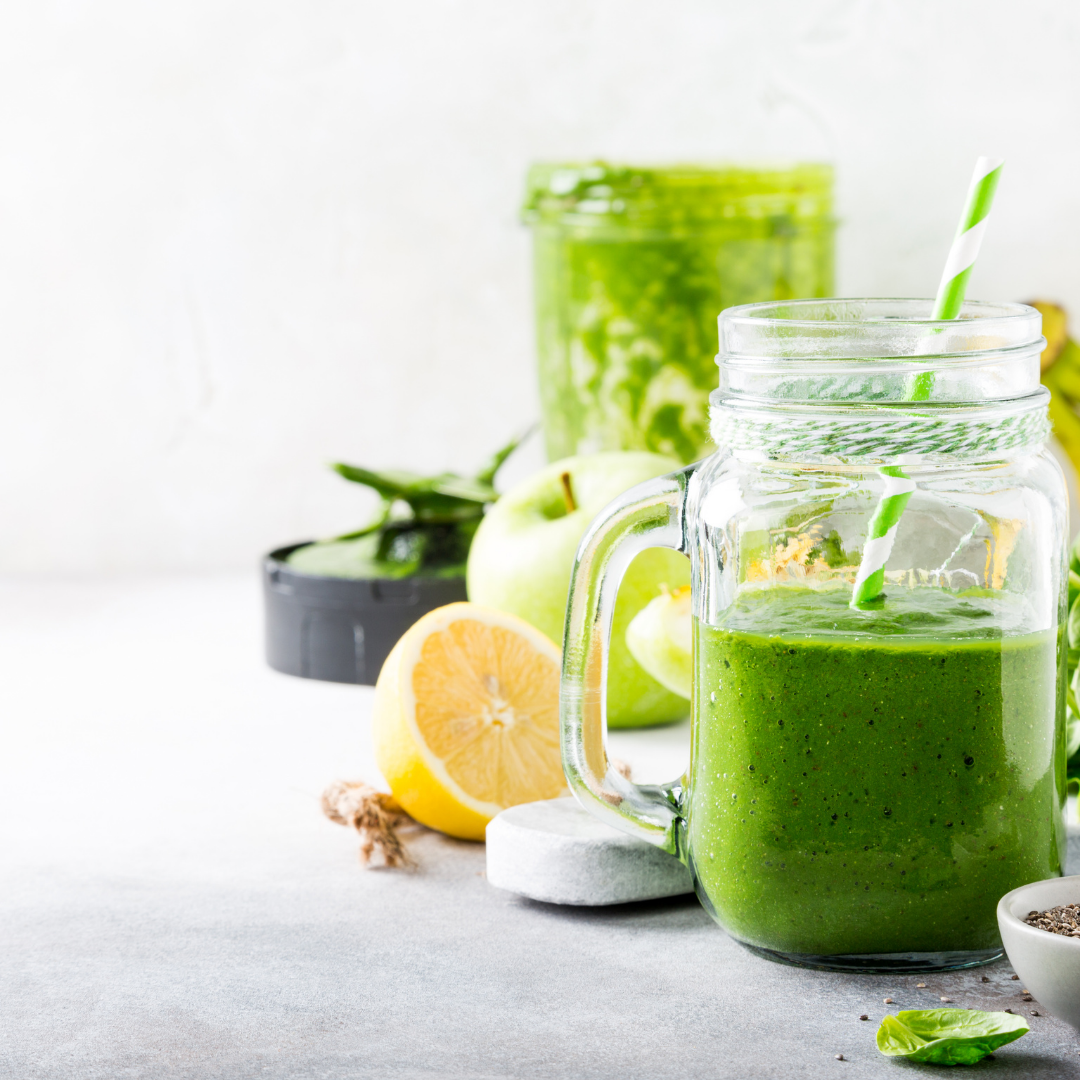Addicted to Junk Food? Switch to a Plant-Based Diet Now

Human beings are notorious eaters. We eat when we are hungry, emotional, sleep-deprived, or pressured from things happening at once. All of these are normal as it is our body’s way of telling us to zoom out and pause for a while.
However, it is during downtimes that we miss the right nutrition necessary to stay active and healthy. Because most of the time, stressful days call for chips, pizzas, and fries.
Junk foods are foods made with processed ingredients This can include refined sugar, salt, additives, preservatives, and saturated fat. Some people believe that junk foods are not real foods. For them, real foods are anything that comes from mother nature, like plants and animals. Contrastingly, junk foods are artificial.
They are chemically designed in a way that stimulates the brain, pushing you to want more of it.
If you are among those who could not refuse the junk food temptation no matter how you try, it is time to take some steps backward. Your intense cravings might go beyond escapism. For some, it could be a sign of addiction.
The Brain and Food Addiction
The brain is wired with built-in systems that notify you when you are hungry and full.
However, the creation of junk foods is science in itself. It considers addictive behavior by mixing the right taste, colour, smell, design, and texture, which will be highly palatable for the consumer. This way, it can tap the reward system of the brain.
This reward system gets turned on whenever you do things that encourage survival, such as eating.
Studies have shown that the neurotransmitters activated in drug addiction are the same as food addiction. Junk foods increase your dopamine level, or the feel-good hormone, affecting the biochemistry of your brain. So, if you or someone you know experiences junk food addiction, be mindful that the lack of willpower to resist is not the root cause at all.
Similarities of Food Addiction and Drug Addiction
Junk food addiction is so powerful that it can break the rules you set for yourself. The high sugar and carbs in junk foods can hijack the brain the same way drugs do. Below are other things they have in common.
Heighten Dopamine Level
Dopamine is a neurotransmitter that is vital for the brain’s reward system.
Sugary foods are known to release this neurotransmitter, including opioids.
However, too much sugary food intake can interfere with its natural production.
When there is too much dopamine released in the brain, called nucleus accumbens, which plays a vital role in addiction, you will feel the extra height of pleasure, making you yearn for junk foods again and again. Similarly, cocaine floods the brain with dopamine, which alters its built-in programming system, pushing you to want more of it repeatedly.
Intensify Your Cravings
Most people who are addicted are not aware of their addiction. The term “cravings satisfied” has been all around social media.
Millennials use this term whenever they get to eat the food that they have longed for.
However, intense cravings also come with awful implications. Most people mistakenly interchange cravings and hunger, but they are not the same.
Hunger is the biological function of your body to eat food for survival. On the other hand, cravings are usually caused by your physiological or emotional needs.
There is no such thing as “cravings satisfied” in junk food addiction. Foremost, it does not satisfy the body’s need for energy. It calls for a reward instead as it taps your nucleus accumbens. It activates your dopamine and opioids signal that makes you want to eat more even after a meal.
The excessive nature and thought process are the same as cravings for drugs, alcohol, cigarettes, and other addictive substances.
Hard to Resist and Easy to Binge
There is no escaping the lure of junk foods. From supermarkets, convenience stores, schools, and workplaces, junk foods are readily available. Also, they are more socially acceptable than cigarettes and alcohol. In terms of eating, the dopamine released by junk food creates “downregulation” in the brain, which increases your tolerance towards it. Since being tolerant is one sign of addiction, people who abuse drugs increase their dosage intake one after the other.
Moreover, experts used Magnetic Resonance Imaging (MRI) to study neuroanatomy, and it has shown that the same brain region gets activated whenever people crave drugs and junk foods.
Compromises Overall Health
Junk foods being unhealthy is not new to people.
Studies have shown that too much salt, sugar, and refined wheat and oils present in junk foods can increase your risk of obesity, chronic diseases, type-2 diabetes, and cancer.
These are the same ingredients that trigger addiction as it stimulates your brain to eat more than you are supposed to. Likewise, people addicted to drugs find it hard to resist the urge to use them, regardless of whether they know the harm they can bring to their overall health.
Overcoming Junk Food Addiction
There are ways to overcome addiction. However, you have to know when to make a move by understanding its symptoms. You can ease the transition of your junk food addiction using the following:
1. Write down all the unhealthy foods you are craving. Instead, replace them with superfoods, such as fruits and veggies high in fiber to help satiate your hunger.
2. Drink a glass of water when your junk food craving strikes. It will help you distinguish whether you are really hungry or just thirsty.
3. If you feel the urge to eat even after a meal, distract yourself by taking a shower or a quick walk in nature.
4. Slow down and pause. Try to minimize your stress, as it is when you are tired and overwhelmed that you tend to eat more.
5. Consult a health expert.
Seek Professional Help
There are ways to keep food addiction under control. But people who have experienced it have taken several attempts to resist before they overcome it.
Indeed, you can do it on your own, so long as you will stay intentional and consistent with your goal of eating healthy.
But if you find it difficult to control on your own, know that you can always ask for help as there are health experts and support groups available and willing to assist you soon as you are ready.




Comments